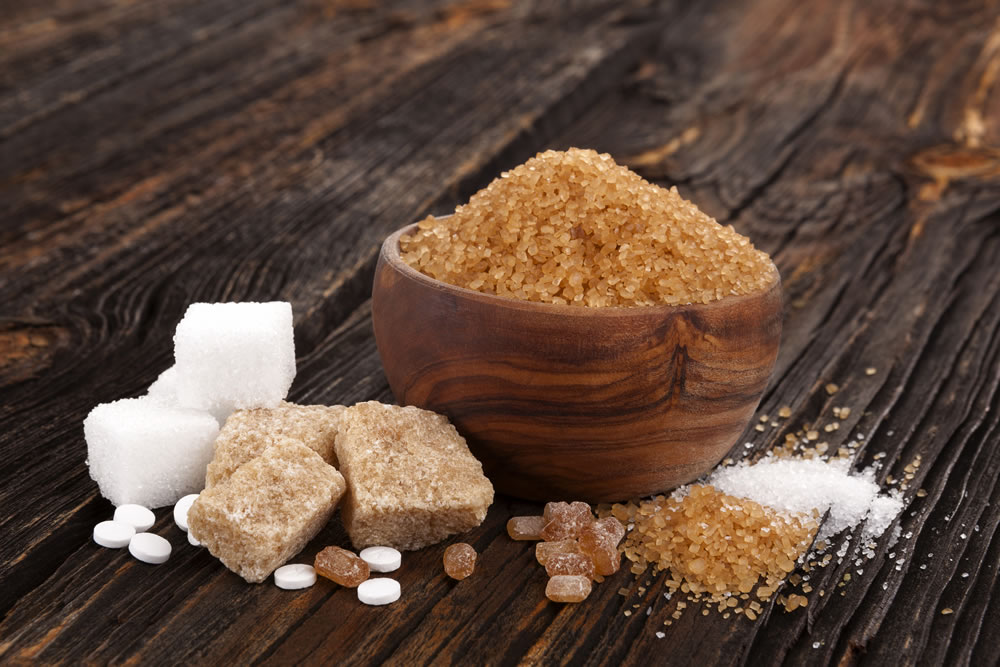Get in Touch
- 11410 NE 124th St. #334 Kirkland, WA 98034
- 425-999-5386
- info@oneitem.com

“Sugar is eight times as addictive as cocaine.”-Mark Hyman, MD
In a world that’s filled with obesity and diabetes concerns, artificial sweeteners pave way to one of the top condiments for consumption. Artificial sweeteners contain no calories while imparting an intense sweet taste. This product allows consumers to think that eating this will enable them to lose weight over time. They also the notion that it could possibly help in curing their obesity and diabetes concerns as well without sacrificing their sugar diet.
In the US, there are only a few approved non-sugar sweeteners that are usually in color-coded packets namely: aspartame (blue), saccharin (pink), stevia (green), and sucralose (yellow). Aspartame is a nutritive sweetener that contains lesser calories than sugar. Saccharin and sucralose are “nonnutritive sugars.” Stevia is a “non-caloric sugar.”
Unfortunately, studies have shown that eating artificial sweeteners can lead to weight gain. A specific research in 2015 found that people who drank diet coke became more obese than those who didn’t. Moreover, diabetes is also higher in consumers of diet soda. This result is because eating artificial sweeteners causes an intense craving for sugary food. Also, it helps justify eating more calories by turning to diet sodas or other synthetic calorie food. Furthermore, artificial sweeteners can also cause headaches, learning difficulties, and gastrointestinal problems.
Factors that are affected by ingesting artificial sweeteners:
FURTHER READING
